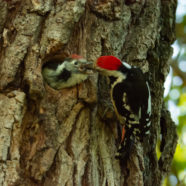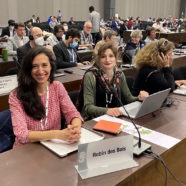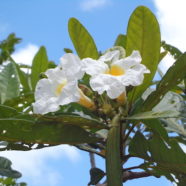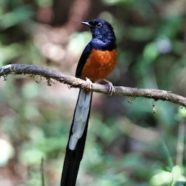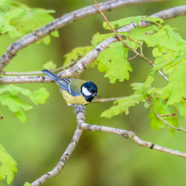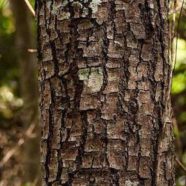(Français) Robin des Bois fait reconnaître le préjudice écologique devant les tribunaux
An arrk and 9 tuned notes
Press release CITES CoP19 n°6 – Continuation and End
Panama
Arrk !
The whole world agrees to oppose deforestation in the Amazon. However, for the Brazilwood (Paubrasilia echinata), CITES is sensitive to the music of chainsaws and is not concerned about the disappearance of Brazil’s last Atlantic forests. Among the trees that have fallen victim is the Brazilwood, whose wood is used for bows and bow blanks for violins and other string instruments (see the paragraph on Brazilwood in the press release “Panama, the great sellout of wild animals and plants”, Nov 14, 2022).
Good day for trees
Press release CITES CoP19 n°2
Panama
Ipê. Latin America and the Caribbean including French Guiana
The proposal by Colombia, Panama and the European Union to list ipês in Appendix II (regulation of international trade) was adopted by 86 votes in favour, with 17 against and 18 abstentions. Appendix II will not eliminate the harvesting of ipês. Their marketing will be subject to annoying administrative checks for forest operators and buyers. The smugglers’ activities will also be more complicated.
Panama, the great sellout of wild animals and plants
Press release CITES CoP19 n°1
The 19th Conference of the Parties of the Convention on International Trade in Endangered Species of Wild Fauna and Flora (CITES) open today, Monday, November 14, in Panama City, the capital city of Panama, and will end on Friday, November 25. The global legal wildlife trade is worth an annual minimum 100 billion dollars. Trafficking fuelled by poaching and smuggling brings in between 7 billion and 23 billion US$ each year to international mafias.
Prostates are clearing Africa
Press release n°1
The African cherry tree (Prunus africana, also known as African almond) was serving the public interest. It slows down erosion and mudflows on the steep slopes of the mountains of tropical and southern Africa as far as Madagascar. It favours the establishment of ferns and orchids and by the abundance of its seeds and fruits, it contributes to feeding primates and birds such as gorillas, eastern black-and-white colobuses, Bannerman’s turacos and Cameroon greenbulls. Local communities use its leaves and roots to treat various diseases.
Something is moving in wood
Press release n°3
CITES – Convention on International Trade in Endangered Species of Wild Fauna and Flora
17th Conference of the Parties. Johannesburg – South Africa
September 24 to October 5, 2016
Good news for tropical forests. Three important changes.
1- Dalbergia
It was feared that China would oppose. Trade in Dalbergia, commonly known as rosewood or red wood (“hongmu” in Chinese) had been booming in the world’s biggest importer. 10,000 producers of furniture and decorative objects are in activity in China, transforming “hongmu”. The industry employs one million people and generates 7 billion US$ in revenue per year. The Dalbegia odorifera, the most prestigious species, is sold at present for 1.5 million US$ per m3. Ordinary species are sold between 10,000 and 40,000 US$ per m3. After China, the United States and Europe are the main importers.





